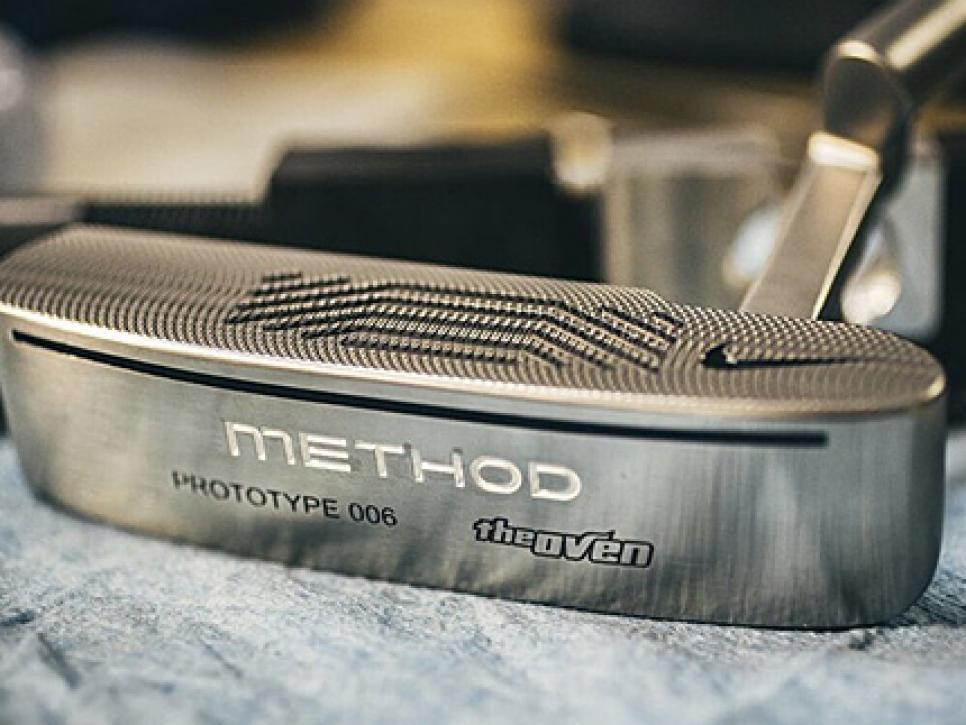The Loop
Does believing in a brand's performance improve your golf game? New research may surprise you

The golf equipment industry aims to disprove the "It's the Indian, not the arrow" adage. Practice time, lessons, course strategy are imperative, but to club manufacturers, all is for naught if you're playing with the wrong tools.
It's why, rather than selling a lifestyle or vibe, the golf industry markets performance, with data and superlatives highlighting this concept.
We have the most wedges on the PGA Tour. This club will add 15 yards to your drive. Our putter is the most forgiving by 20 percent. All insinuate that your game will improve if you buy what they are selling.
Turns out, they are right: Playing with a brand you deem superior leads to better scores.
Emphasis on "you."
The University of Notre Dame recently conducted a study regarding the placebo effect on putters. The test involved 200 students charged with sinking putts at different locations on a green. Half the testers were told they were using a Nike club, a brand which, when polled, students identified as an elite brand. The others were allegedly given a generic flat stick.

In truth, both groups used the same putter. Yet, the results showed that Nike users needed 20 percent less strokes versus generic-branded testers.
"Our results indicate that strong performance brands can cause an effect that is akin to a placebo effect," said Frank Germann of Notre Dame's Mendoza College of Business. "Our results also suggest that the use of a strong performance brand causes participants to feel better about themselves when undertaking a task—that is, to have greater task-specific self-esteem. This higher self-esteem lowers their performance anxiety which, in turn, leads to the better performance outcomes."
There are a few caveats, most notably, the results from experienced users against newbies.
"People who are inexperienced have more self-doubts and performance anxiety that the brand helps to alleviate," said Germann. "Whereas experts already have high task-specific self-esteem and low performance anxiety when undertaking the task."
A brand must also be associated with execution, rather than prestige or higher class, for a user to see benefits.
Oddly enough, those who had better results chalked up their scores not to the product, but themselves.
"Ironically, our studies also indicate that consumers do not typically credit the brand with the performance gain, but rather themselves," Germann said.
This has to be disconcerting for manufacturers. Because, despite their best efforts, when things are going well, customers believe it IS the Indian, not the arrow.